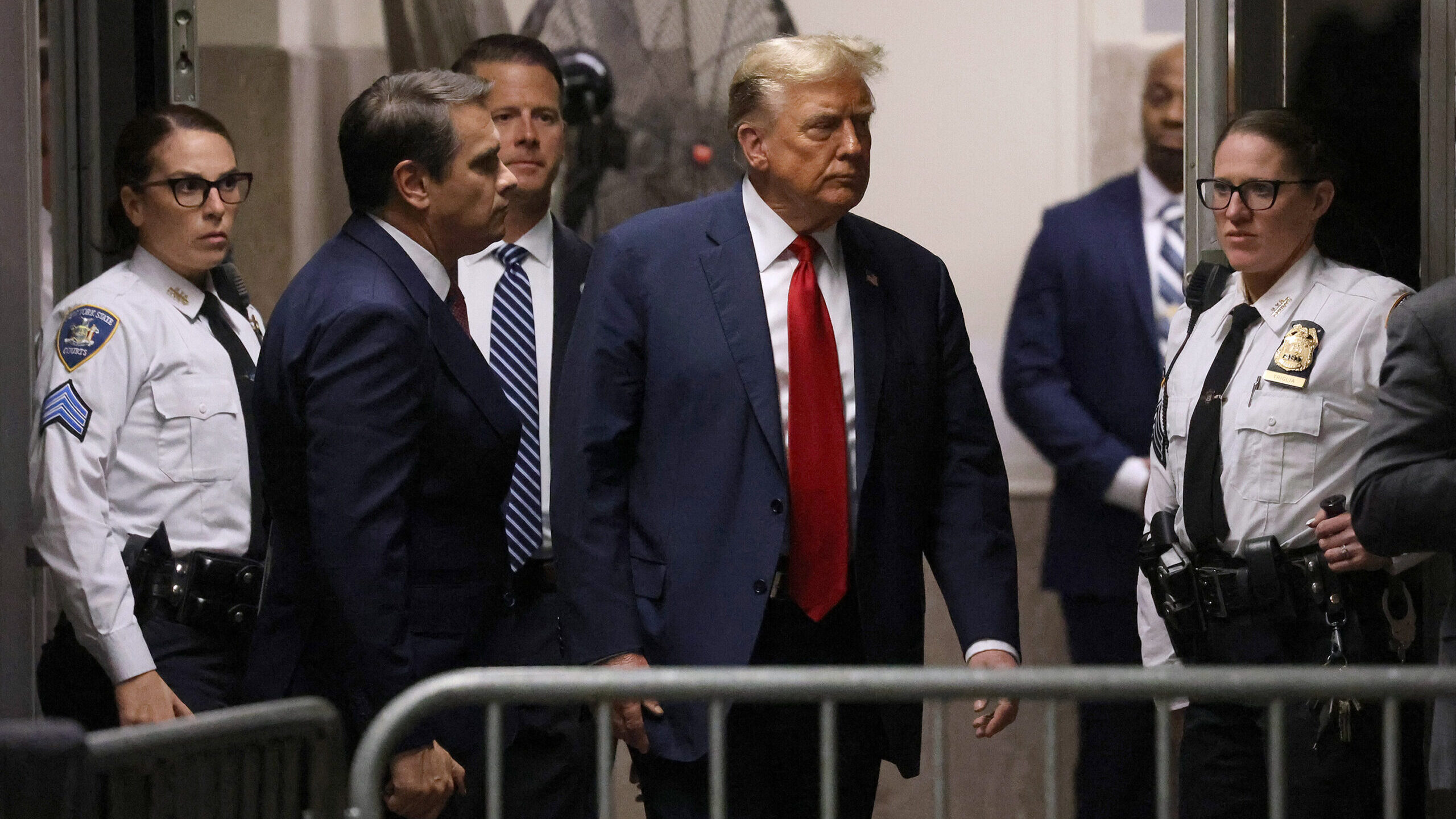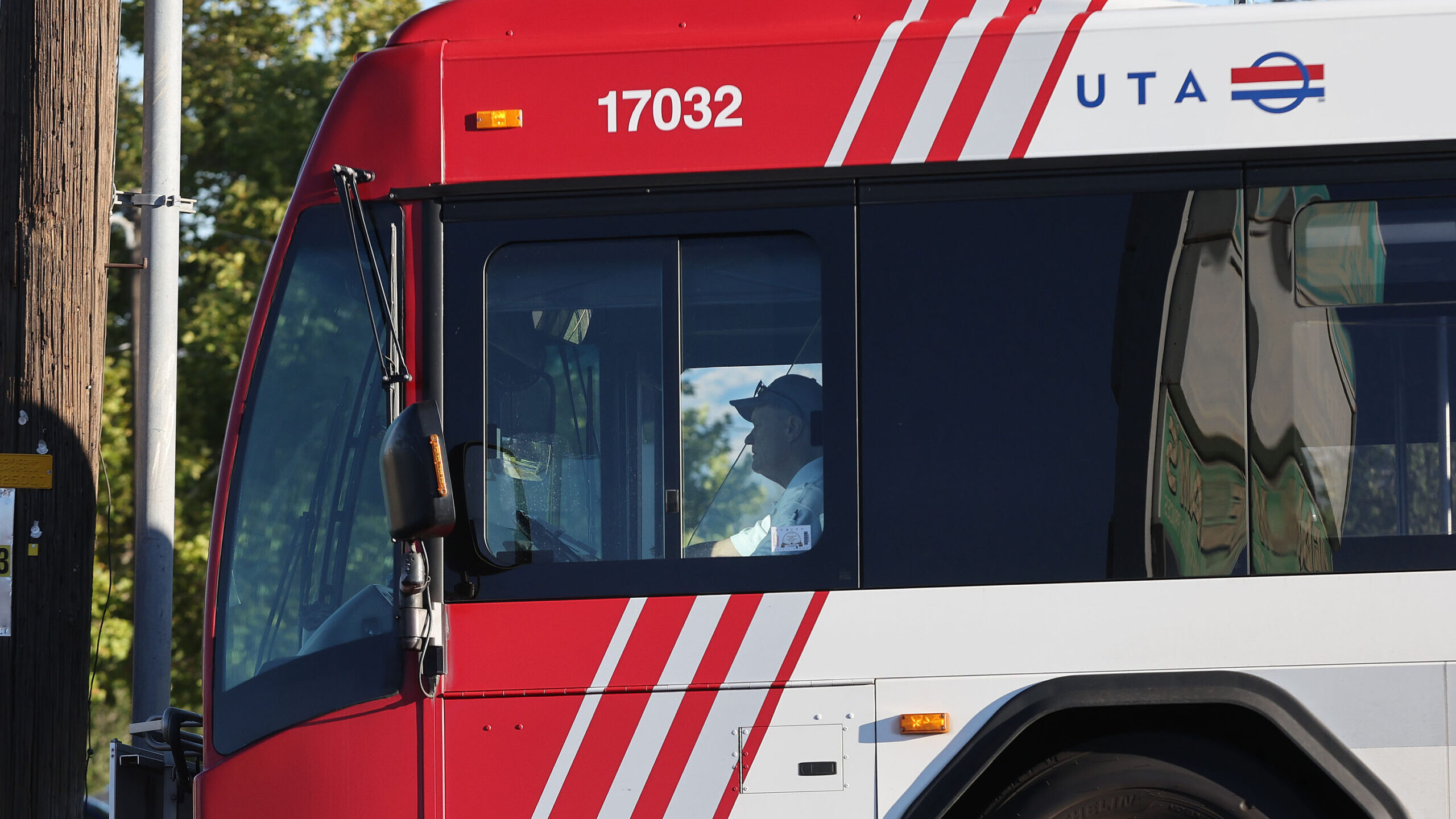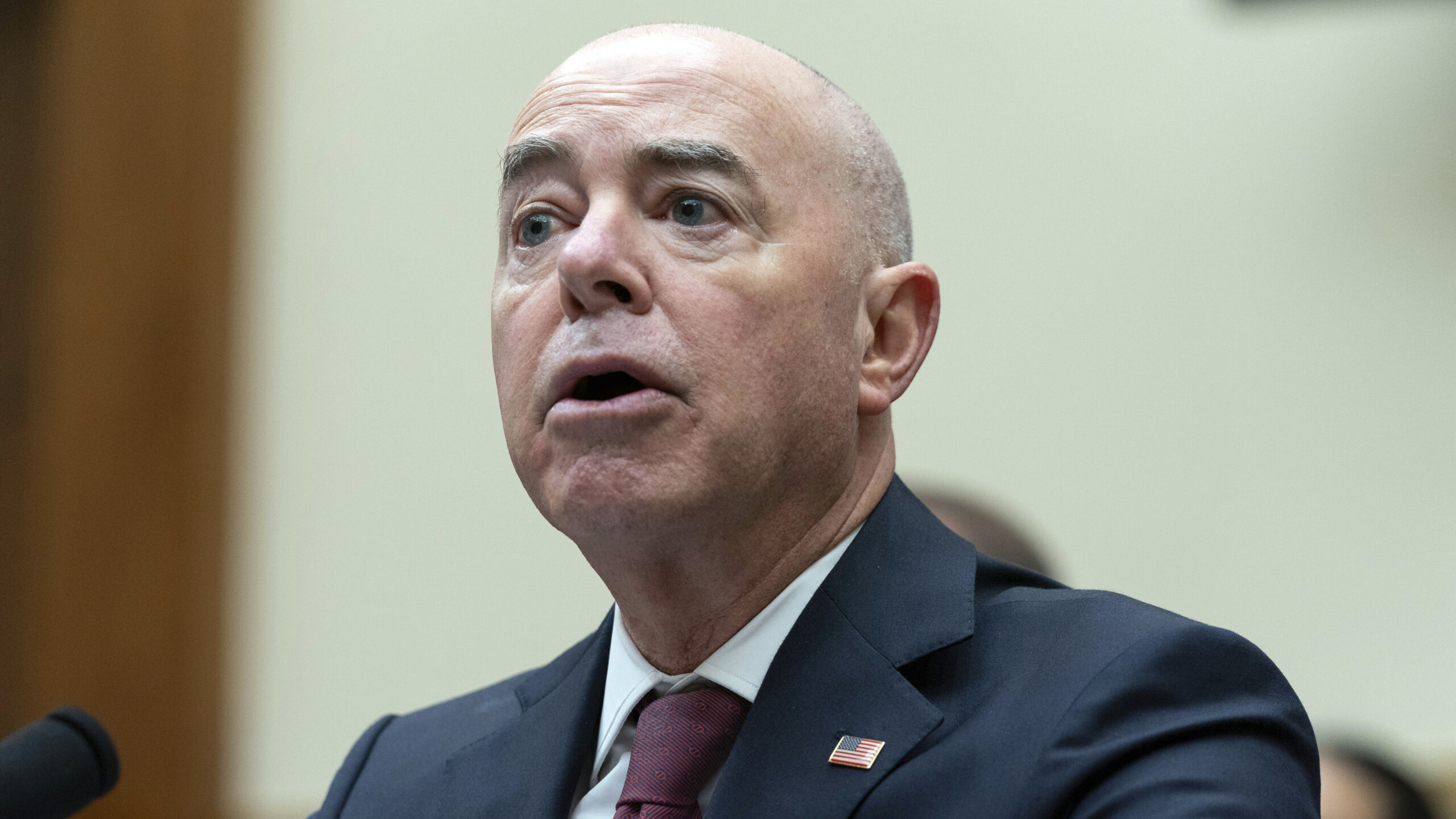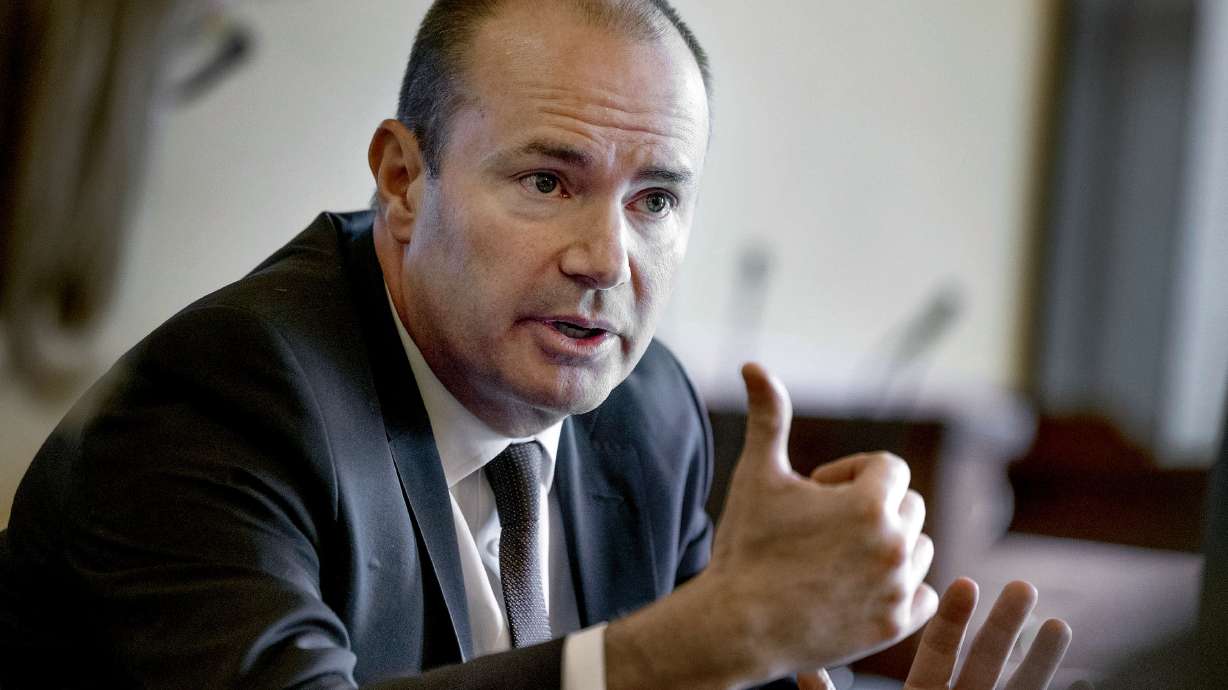Lawmakers are called upon to adopt ‘bipartisan’ redistricting maps
Nov 8, 2021, 8:29 PM
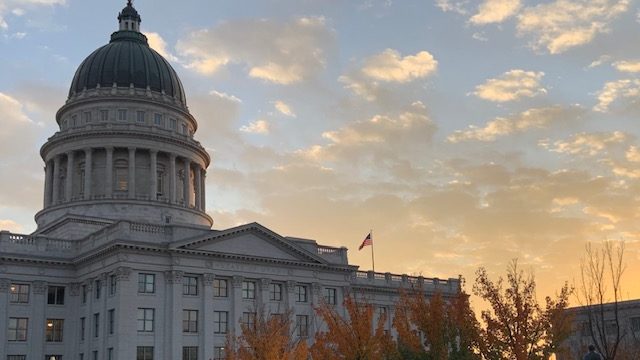
KSL NewsRadio FILE - The Utah State Capitol is pictured in Salt Lake City on November 8, 2021.
.SALT LAKE CITY — Redistricting is expected to be one of the hot topics for this week’s special legislative session on Capitol Hill. One group of business leaders and community advocates is calling on the legislature to choose one of the redistricting maps selected by The Independent Redistricting Committee. And not one that lawmakers designed by themselves.
Supporters of the proposed redistricting maps
Supporters of the Independent Redistricting Committee’s proposed maps sent an open letter to the Utah Legislator and Governor Spencer Cox. The list of people who signed it is quite long. It includes groups like Better Boundaries, the ACLU of Utah and Mormon Women for Ethical Government. It also was signed by business leaders like Scott Anderson with Zion’s Bank, Kem Gardner with the Gardner Companies, and the past three Salt Lake City mayors.
Scott Young with Sentry Financial says the IRC was approved by the voters in 2018, and their maps should be given higher priority.
Young said, “The commission is bipartisan and its members are highly qualified and respected individuals with extensive public service backgrounds.”
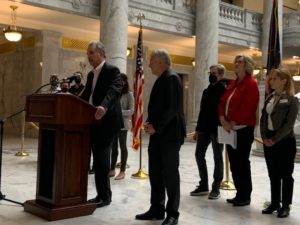
(Sentry Financial COO, Scott Young, at podium, surrounded by other supporters of the IRC redistricting maps. Photo: Paul Nelson)
A main concern
Their main concern is that lawmakers created maps that would give one political party an unfair amount of power. That would make it easier for incumbents to keep their positions. Nikila Venugopal with the ACLU of Utah says redistricting gives more power to the voters to hold their elected officials accountable.
“Redistricting is about the fundamental right of Americans to choose their politicians, not the other way around,” she said.
Other supporters say the IRC used a far more fair and transparent process than lawmakers did to create their proposed maps. Sheryl Allen with Better Boundaries used to serve in the Utah House of Representatives, and was part of redistricting processes in the past. She says lawmakers paid too much attention to party membership in the past.
“In those closed meetings, we were looking at the data. ‘How many Republicans and how many Democrats are in [a particular] district?’ Allen said. “We don’t know if [lawmakers] have done that, I think it’s highly likely that they have.”
Allen also says the IRC tried to keep cities as intact as possible, although it split Salt Lake City in four congressional districts.
“The most important legal requirement is even numbers,” she said.
The IRC proposed 12 different maps. The group wants lawmakers to pick one of those maps for Utah’s federal congressional districts, one for Utah House of Representative districts, one for Utah State Senate districts and one for the Utah Board of Education.
Lawmakers defend their proposed maps
In the past, members of the Legislative Redistricting Committee have questioned if the IRC truly was unbiased, saying no one is immune from it. Senator Scott Sandall was quoted by KSL as saying their body created maps that represent the interest of all Utahns.
Sandall said, “The congressional map we propose has all four delegates representing both urban and rural parts of the state. Rural Utah is the reason there is food, water and energy in urban areas of the state. We are one Utah, and believe both urban and rural interests should be represented in Washington, D.C. by the entire federal delegation.”
Related articles
Utah lawmakers have released their proposed redistricting maps. Here’s how Utahns reacted
Rob Bishop resigns from Utah redistricting commission over public lands issue, urban-rural split
Utah redistricting commission ‘satisfied’ with adopted maps, brushes off Bishop’s comments


